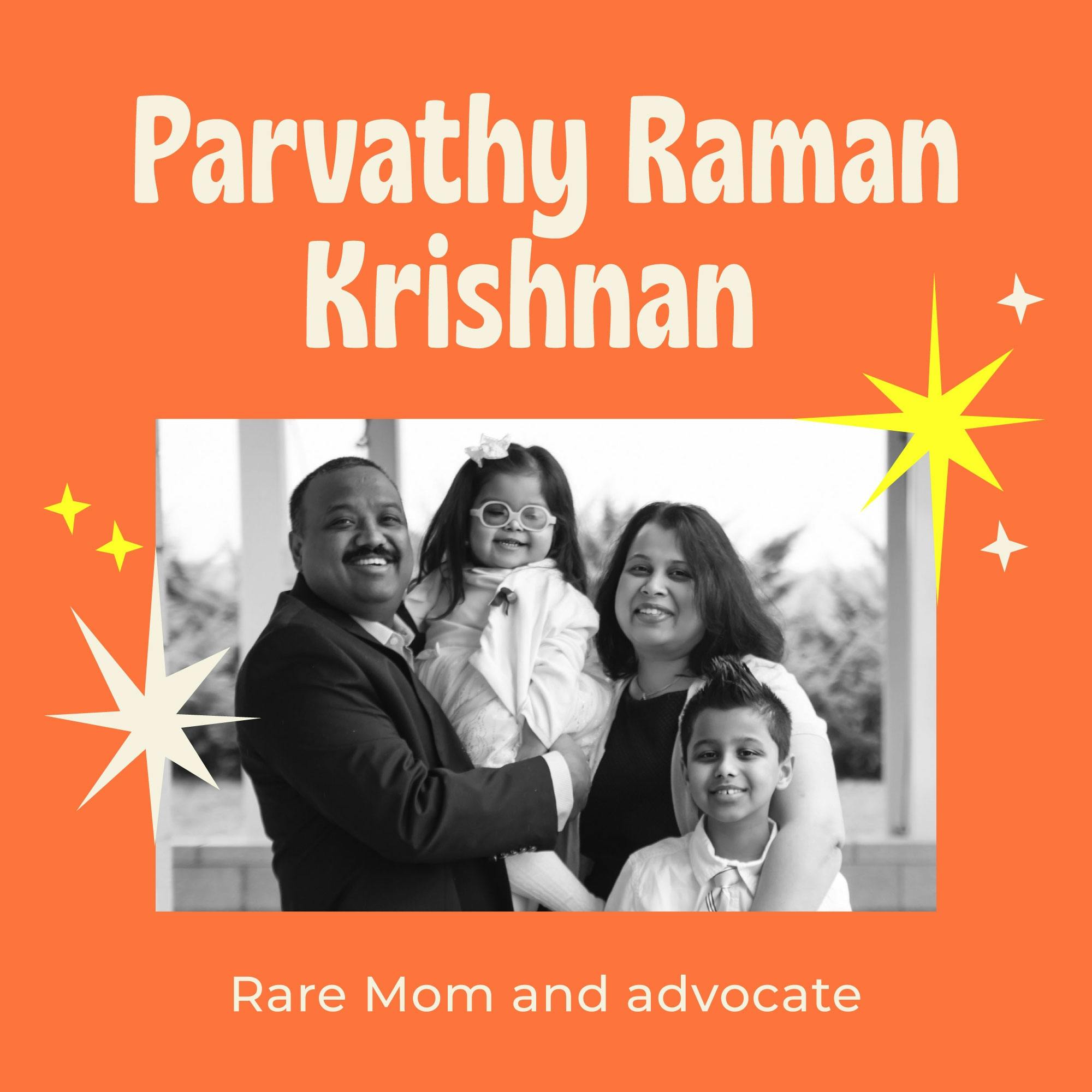- Culture
- SEE MORE
- classical
- general
- talk
- News
- Family
- Bürgerfunk
- pop
- Islam
- soul
- jazz
- Comedy
- humor
- wissenschaft
- opera
- baroque
- gesellschaft
- theater
- Local
- alternative
- electro
- rock
- rap
- lifestyle
- Music
- como
- RNE
- ballads
- greek
- Buddhism
- deportes
- christian
- Technology
- piano
- djs
- Dance
- dutch
- flamenco
- social
- hope
- christian rock
- academia
- afrique
- Business
- musique
- ελληνική-μουσική
- religion
- World radio
- Zarzuela
- travel
- World
- NFL
- media
- Art
- public
- Sports
- Gospel
- st.
- baptist
- Leisure
- Kids & Family
- musical
- club
- Health & Fitness
- True Crime
- Fiction
- children
- Society & Culture
- TV & Film
- gold
- kunst
- música
- gay
- Natural
- a
- francais
- bach
- economics
- kultur
- evangelical
- tech
- Opinion
- Government
- gaming
- College
- technik
- History
- Jesus
- Health
- movies
- radio
- services
- Church
- podcast
- Education
- international
- Transportation
- Other
- kids
- podcasts
- philadelphia
- Noticias
- love
- sport
- Salud
- film
- and
- 4chan
- Disco
- Stories
- fashion
- Arts
- interviews
- hardstyle
- entertainment
- humour
- medieval
- literature
- alma
- Cultura
- video
- TV
- Science
- en
Ambiguous Medical Plans - How to Figure Out a System Even When it Seems Impossible with Parvathy Raman Krishnan

b"ONCE UPON A GENE - EPISODE 118\\nAmbiguous Medical Plans - How to Figure Out a System Even When it Seems Impossible with Parvathy Raman Krishnan\\n\\nParvathy Krishnan joins me to discuss being an administrator for your kids and the uncertainty that stems from not having a care plan in place, like when you have an ultra-rare disease kid like she does. She has endured more than most on her rare parenting journey, yet she perseveres every day with courage to advocate and make a difference. To know her is to love her.\\n\\nEPISODE HIGHLIGHTS\\n\\nTell me about your rare disease parenting journey.\\nAbout 8 years ago, my son began experiencing bloody stool and he had his first colonoscopy at 6 years old. He had polyps in his colon, so he continued having colonoscopies to see if he improved. Genetic testing didn't reveal any answers. At 8 years old, he had his first major surgery, a proctocolectomy to remove his large intestine and rectum and he got an ostomy bag. Through additional genetic testing, it was revealed that he had a rare condition called Constitutional Mismatch Repair Deficiency (CMMRD). Because it's such a rare disease, there's no treatment or standard of care. My daughter was born around the time my son was having his first colonoscopy done. When she was 6 months old, we were told she had a genetic condition called Bardet-Biedl syndrome (BBS). Through her lifetime, she was identified to have three additional rare diseases and passed away at 4 years old.\\xa0\\xa0\\n\\nWhat does it feel like when a doctor says they don't have an answer or don't know what to do?\\nIt feels honest. When they did genetic testing, we were told our son was the only patient with CMMRD in North Carolina. Then we went to Boston where we were told he was the only patient in the country. We went to Toronto where they run the largest research study on the condition and were told he was the only patient in the world. We realized it would be really difficult to put the puzzle pieces together with no other patients to fill the gaps. The condition is ultra rare and it's been difficult.\\n\\nIs there hope in not knowing?\\nFor us, knowledge is power. We didn't know the affected genes were in our family, but because of our children, five adults in our family now know they're carriers of the defective gene. It's powerful for them to have the information when planning for a family in the future. There\\u2019s hope in knowing because we can be proactive in our son\\u2019s treatment and screening.\\n\\nWhat resources have you discovered to be helpful to care of your family?\\nIt's okay to say no when you need to and ask questions before you say yes. My biggest support has been social media and connecting with other advocates that give me hope. We're all rare, but we're not that different. Our struggles and wins remain the same and in the end, we're all connected as patients or parents. Following others, despite their diagnosis or journey, helps me to keep things in perspective. Global Genes and Courageous Parents Network are both great resources and provide comfort as we move through grief.\\n\\n\\nLINKS & RESOURCES MENTIONED\\nRare and Relatable on Discord\\nhttps://discord.com/invite/7UFUPAFs8K\\nThe Disorder Channel\\nhttps://www.thedisordercollection.com/\\nGlobal Genes\\nhttps://globalgenes.org/\\nCourageous Parents Network\\nhttps://courageousparentsnetwork.org/\\nCPN Family Podcast Series\\nhttps://courageousparentsnetwork.org/podcasts\\nEveryLife Foundation\\nhttps://everylifefoundation.org/\\nCONNECT WITH EFFIE PARKS\\nWebsite\\nhttps://effieparks.com/\\nTwitter\\nhttps://twitter.com/OnceUponAGene\\nInstagram\\nhttps://www.instagram.com/onceuponagene.podcast/?hl=en\\nBuilt Ford Tough Facebook Group\\nhttps://www.facebook.com/groups/1877643259173346/"